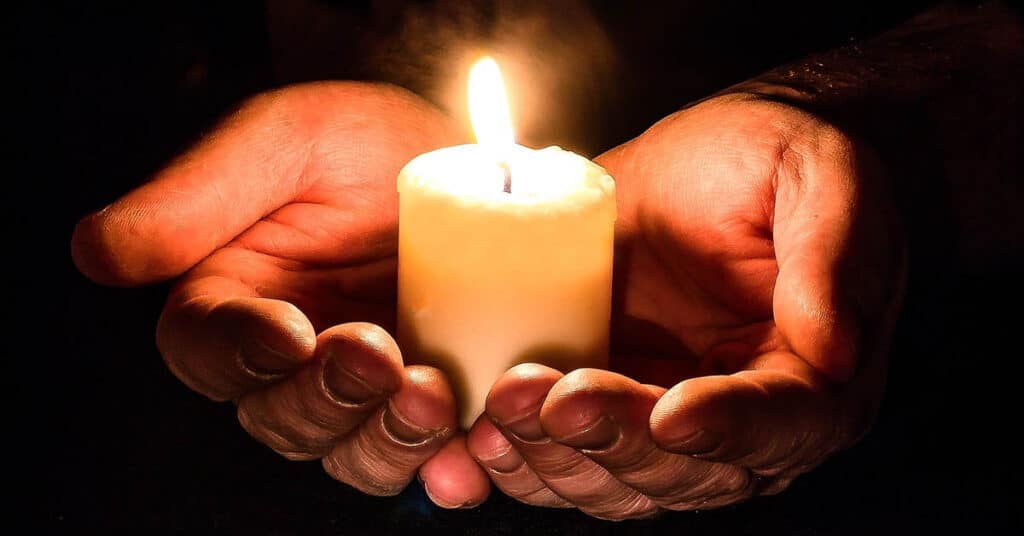How to Support a Family Member in Recovery During the Holidays

How can family members to do to support a loved one’s recovery from addiction to drugs and alcohol, especially during the holidays? There are many important ways to support a family member in recovery during the holidays.
With so many seasonal triggers and distractions, the holiday season can be especially challenging for loved ones new to sobriety and their families. Many family members attempt to take on personal responsibility for protecting their loved ones to ensure they make it through the holidays sober and committed to their recovery journey.
However, although addiction is a family disease and family support is important to a healthy recovery program, it is important for family members to understand that the commitment to recovery rests solely on the loved one.
Best Ways to Support a Family Member in Recovery
Still, there are steps that family members can take to create a safe, healthy space for loved ones in recovery to celebrate the season:
1. Keep Holiday Plans Simple
Don’t make overtly special arrangements but be mindful of your loved ones in recovery as you make your holiday plans. Value their feedback and respect that some holiday events may be unappealing to them, especially the first time. Be considerate of your loved one’s schedule, such as their AA meetings or recovery group events and plan your family gatherings accordingly. In addition, when making plans, focus on the smaller, intimate family customs and skip the more extravagant activities. This will relieve some pressure and generate more meaningful experiences for the family to reconnect and renew.
2. Communicate
Include your loved one in recovery in the planning process. The worst approach is to go through the holidays with your loved one positioned as the elephant in the room. Have an open discussion about their needs and expectations to help avoid surprises and unnecessary triggers or conflicts. More authentic and meaningful family experiences could evolve from the involvement of your loved one. Recovery can often inspire new perspectives and ideas that benefit everyone.
3. Promote Peace
The holidays naturally elevate our emotions at almost every level. Even when a loved one finds recovery, family members can trigger relapse by exhibiting past fears, losing patience with the process and even applying an abundance of pressure and suspicion. Avoid this escalation. Inform and educate the family about addiction, treatment and recovery. Removing stigma can prevent such behaviors. Set the tone for your holiday season by embracing peace. Take necessary steps to create a lighter, peaceful environment that will benefit everyone and foster a happy, healthy experience.
4. Offer Space
Your loved one may want to skip your annual large gathering or the big family dinner. Maybe they need a few minutes of privacy to meditate or call their sponsor. Do not take any such requests personal. These are necessary and normal actions in their recovery. Provide a designated space for loved ones to retreat to when needed.
Holiday Family Recovery Resources
Keep in mind that sometimes the best way to support your loved one in recovery can be counterintuitive. That is why seeking support and care for yourself can often be the most beneficial way to help your loved one and the entire family.
This holiday season, engage your family member in recovery to help develop new traditions and opportunities that bring the family together, strengthen relationships, spread holiday cheer and produce meaningful memories that will last a lifetime.
Explore more of Valley Hope’s family and recovery support resources.
Find Hope for the Holidays
If you or someone you care about is struggling with substance abuse, don’t wait until after the holidays to get help – hope and healing are available at Valley Hope 24/7. Learn more about our resources for families here.
Valley Hope provides a full continuum of substance abuse care including online addiction treatment through 14 programs across six states including Colorado, Kansas, Missouri, Nebraska, Oklahoma and Texas. Our programs provide compassionate, evidenced-based therapies, medical detox services, residential treatment, outpatient treatment and virtual treatment programs.
We know that the dangers of addiction dramatically increase during the holiday season. That’s why our team of treatment experts stand ready to provide help and healing for substance abuse in a safe, compassionate environment during the holidays and 365 days a year. Referring a family member to Valley Hope is a simple, efficient process.
For immediate help, call our Local Admissions Team at (800) 544-5101 and give yourself and your family the gift of recovery this holiday season.
